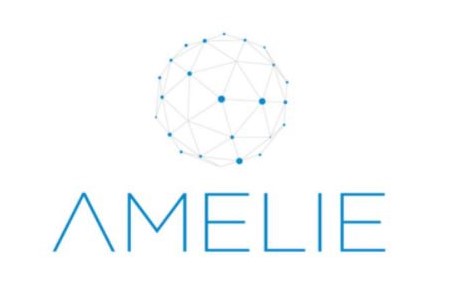€9.5m EU funding awarded for ground-breaking research into incontinence
Queen Mary University of London is part of a consortium of 13 organisations across nine countries set to receive €9.5m in EU funding for a ground-breaking research project into the treatment of faecal incontinence.

Faecal incontinence affects an estimated 67 million people in Europe. This new research aims to use revolutionary cell therapy to find a possible cure for the condition by taking the patient’s own muscle cells, loading them onto specially designed microcarriers and implanting them into the damaged muscle to promote regeneration and restore normal function.
The AMELIE1 (Anchored Muscle cELls for IncontinencE) consortium received the funding from the European Union’s Horizon 2020 research and innovation programme. Queen Mary is a UK partner of AMELIE, along with UCL who are coordinating the project, the charity Bowel Research UK which will take the lead in patient involvement, and NHS Blood Transplant. The research will be conducted over five years across institutions in the UK, Spain and Portugal.
Charles Knowles, Professor of Surgery at Queen Mary and clinical lead for the project stated that treatment of patients with faecal incontinence remains a major unmet clinical need, with few advances in care in the last 20 years:
“Cell therapies are probably the best chance we have of reducing the misery these patients suffer and AMELIE will be the first project at scale in this field of regenerative medicine”
Richard Day, Professor of Regenerative Medicine Technology at UCL and project lead, said that such regenerative medicine therapy offers hope to many people whose lives are severely impaired by incontinence:
“We are tremendously excited by the prospect of the AMELIE project and the potential benefits that may arise from the new therapeutic approach being investigated.
“We look forward to working with the exceptional consortium of academics, clinicians, industry and charity partners from across Europe to develop our pioneering regenerative medicine approach for treating this debilitating condition.
“This will be a radical and innovative approach never before attempted at such a scale."
More information
- AMELIE (Anchored Muscle cELls for IncontinencE consortium) is made up of the following: University College London, Instituto Superior Tecnico (Portugal), Queen Mary University of London, Medical University of Graz (Austria), Aarhus University Hospital (Denmark), Rouen University Hospital (France), University Hospital Erlangen (Germany), Instituto de Investigacion Sanitaria Fundacion Jimenez Diaz (Spain), NHS Blood Transplant (UK), Polysciences Europe GmbH (Germany), Ttopstart (Netherlands), Bowel Research UK (UK), Consorzio per Valutazioni Biologiche e Farmacologiche (Italy).
- Find out more about Barts and The London School of Medicine and Dentistry, Queen Mary University of London.